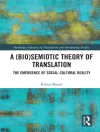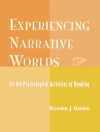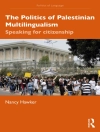While the typology, syntax, and morphology of Iranian languages have been widely explored, the sociolinguistic aspects remain largely understudied. The present companion addresses this essential yet overlooked area of research in two ways: (i) The book explores multilingualism within Iran and its neighbouring countries. (ii) It also investigates Iranian heritage languages within the diasporic context of the West.
The scope of languages covered is vast: In addition to discussing Iranian minority languages such as Tati and Balochi, the book explores non-Iranian minority languages such as Azeri, Tukmen, Armenian and Mandaic. Furthermore, the companion investigates Iranian heritage languages such as Wakhi, Pashto, and Persian within their diasporic and global contexts.
In the current era of migration and globalization, minority and heritage speakers are increasingly valuable resources. By focusing on the speakers, the companion provides new insights into a multitude of sociolinguistic issues including language attitude and identity, language use and literacy practices, language policy, language shift and loss.
The companion is an essential reference for those interested in Iranian languages, minority languages, heritage languages, sociolinguistics, bilingualism, language policy and planning, diaspora and migration studies, as well as those researching in related fields.
关于作者
Dr. Anousha Sedighi, Portland State University, USA.












